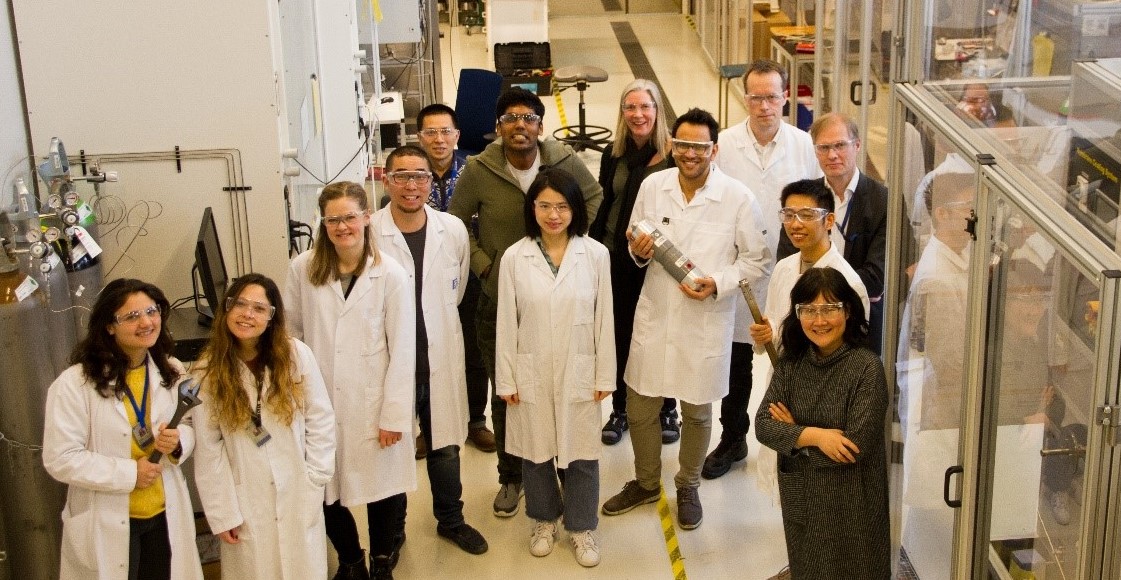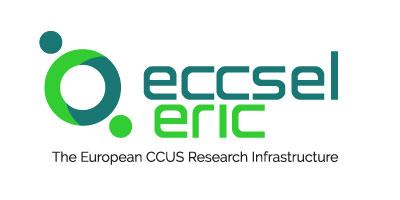Membrane research - Environmental Engineering and Reactor Technology
Membrane Research

The Membrane Research Laboratory has extensive research activities on basic membrane material development, membrane contactors, membrane gas separation processes, and allied modelling and simulations. One major focus of our research is CO2 separation in various applications, including CO2 capture from flue gas, biogas upgrading, natural gas sweetening, and hydrogen recovery. There is also ongoing research on membranes for separation of other gas mixtures and liquids, for example, natural gas dehydration and forward osmosis process. The membrane materials in focus are various types of polymers, nanocomposites (and mixed matrix membranes), carbon membranes, and ionic liquid based membranes. The developed membranes have been tested as pilot and onsite demonstrations in industrial processes. One patent has been licensed to Air Products.
For more information about the membrane research lab, please contact Professor Liyuan Deng (Liyuan.deng@ntnu.no).
The Membrane Research Laboratory has well-equipped facilities for membrane fabrication, characterization and performance evaluation. The research infrastructure for membrane research on CCS is in connection with the EU supported ECCSEL project, from which financial support for the free access to our lab is open to users from all over the world.
On-going Projects (updated in 2019 April)
NanoMEMC2 - A Horizon2020 project, 2016-2019
This project, coordinated by the University of Bologna, focuses on the development of nanocomposite membranes based on graphene and nanocellulose, targeting at different CO2 capture processes (e.g., post-combustion, pre-combustion and biogas upgrading). In particular, the addition of nanocellulose and graphene derivates into various polymeric matrixes (both hydrophilic and hydrophobic) will be investigated in terms of transport properties for various gases (CO2, N2, CH4, and H2). Process simulation analysis will be used to assess the separation performance in the real process configuration. 11 partners are involved in the project to carry out research activities, including membrane synthesis to a pre-pilot test. The NTNU team is involved in 3 different work packages, with responsibility in the material synthesis, membrane characterization, and membrane module preparation. The project started in October 2016 and it will last for 3 years. One postdoc (Dr. Zhongde Dai) and one PhD student (Saravanan Janakiram) from the Membrane Research Laboratory are directly involved.
MembrAlign - A Research Council of Norway project through CLIMIT Program, 2017-2020
The project is an IPN project coordinated by Condalign AS, aiming to develop an innovative approach to fabricate hybrid membranes with structured dispersion of the particles. The controlled alignment of the particles makes it possible to achieve the best effects of the added phase, which improves the membrane separation performance by breakthrough the trade-off between selectivity and permeability for CO2 separation applications. Two researchers (Dr. Maria Teresa Guzman Gutierrez and Dr. Arne Linbråthen) are involved in the project.
Fat H2 - A Research Council of Norway project through CLIMIT Program, 2019-2023
The research activities of the project include the identification of different fixed (e.g., polyamines) and mobile carries (e.g., amine-based, ILs-based) to enhance CO2/H2 separation, development of protocols for the dispersion of GO or functionalized GO nanosheets and preparation of defect-free thin nanocomposite membranes, evaluation of the CO2 separation performance and the effect of impurities (SO2, CO, and H2S), and optimization of the process by modeling and simulation. A researcher (Dr. Arne Linbråthen) and a PhD student (starting autumn 2019) will be working on the project.
Nano-MBE - A Research Council of Norway project through Nano-2021 Program, 2015-2019
The aim of this project is to develop nanocomposite membrane containing bio-nanofibers and mimic enzyme for CO2 separation, which significantly increases the separation performance and reduce the energy penalty for CO2 capture from power plant flue gas (CO2/N2 separation) and to upgrade biogas (CO2/CH4 separation). The nano-materials developed in this project is based on a bio-product from one of Norway’s most important natural resources, i.e. trees, which increases value creation based on natural resources. Three PhD students (Ragne M Lilleby Helberg, Zaib Johan, and Jonathan Ø. Torstensen) have been working in this project.
POLYMEM - A Research Council of Norway project through CLIMIT Program, 2016-2019
This project is coordinated by SINTEF with one PhD candidate (Jing Deng) working in the Membrane Research Laboratory at NTNU. The objective of this project is to develop 2-3 cost-effective new gas separation membranes for CO2 capture from flue gas. The membranes are optimized by chemically modifying membrane surfaces made by highly permeable polymers or novel polymers with CO2-philic groups, in a very controlled manner. To evaluate the industrial potential of these new membranes, durability test for impurities (SO2, NOx and others), long-term stability and economic cost evaluation will also be conducted.
Membrane and membrane contactors for subsea separation - A sub-project within the SUBPRO (SFI), 2015-2023
Natural gas dehydration is one of the main processing step in natural gas treatment, as the presence of water can cause several transport challenges (e.g. hydrate formation, corrosion, erosion). The objective for this project is to evaluate a new membrane process design for subsea natural gas dehydration. The goal is to meet the pipeline specifications (-18°C at 70 bara), avoiding further topside treatment and enabling directly export of the treated gas. To evaluate the membrane dehydration process, modelling and process simulation will be conducted. The two membrane modules will be modelled and implemented into HYSYS for an overall process design evaluation and optimization. With a verified and optimized process simulation model a feasibility study of the membrane dehydration process can be reported. Verification of models through experimental testing are going. Three PhD projects are included in this sub project (Kristin Dalane, Mahdi Ahmadi, and one starting in Autumn 2019).
CO2Hing - A research project funded by the Research Council of Norway through the Petromaks2 Program, 2017-2020
This project aims to develop mechanically strong, high performance asymmetric carbon hollow fiber membranes from the cheap cellulose materials. The technology and economic feasibility, as well as the social and environmental impacts, will be analyzed based on process simulation and life cycle assessment to evaluate the technology advances of novel carbon membrane system for natural gas sweetening. The vision of this project is to develop a clean, energy efficient membrane system for natural gas sweetening to produce high purity natural gas, and achieve zero methane loss and zero CO2 emission. A PhD Student (Linfeng Lei), a postdoc (Dr. Yunhan Chu) and two researchers (Dr. Xuezhong He and Dr. Arne Linbråthen) are involved in the project.
Paper describing group activity:
Cooperation with
Aqualung Carbon Capture
Polymer Membrane Lab, ECCSEL
The Membrane Research Laboratory is a member in the European Carbon Dioxide Capture and Storage Laboratory Infrastructure (ECCSEL) project, providing infrastructure as the Polymer Membrane Lab.
ECCSEL was established in June 2017 as a permanent pan-European distributed research infrastructure, ERIC (European Research Infrastructure Consortium). Within the initial 5 European founding Member countries (France, Italy, the Netherlands, UK, and Norway), 15 service providers offer open access to more than 55 world class CCS research facilities across Europe; coordinated by ECCSEL and accessible through the ECCSEL website.
Please apply for the access to the Polymer Membrane Lab through the ECSSEL website.

